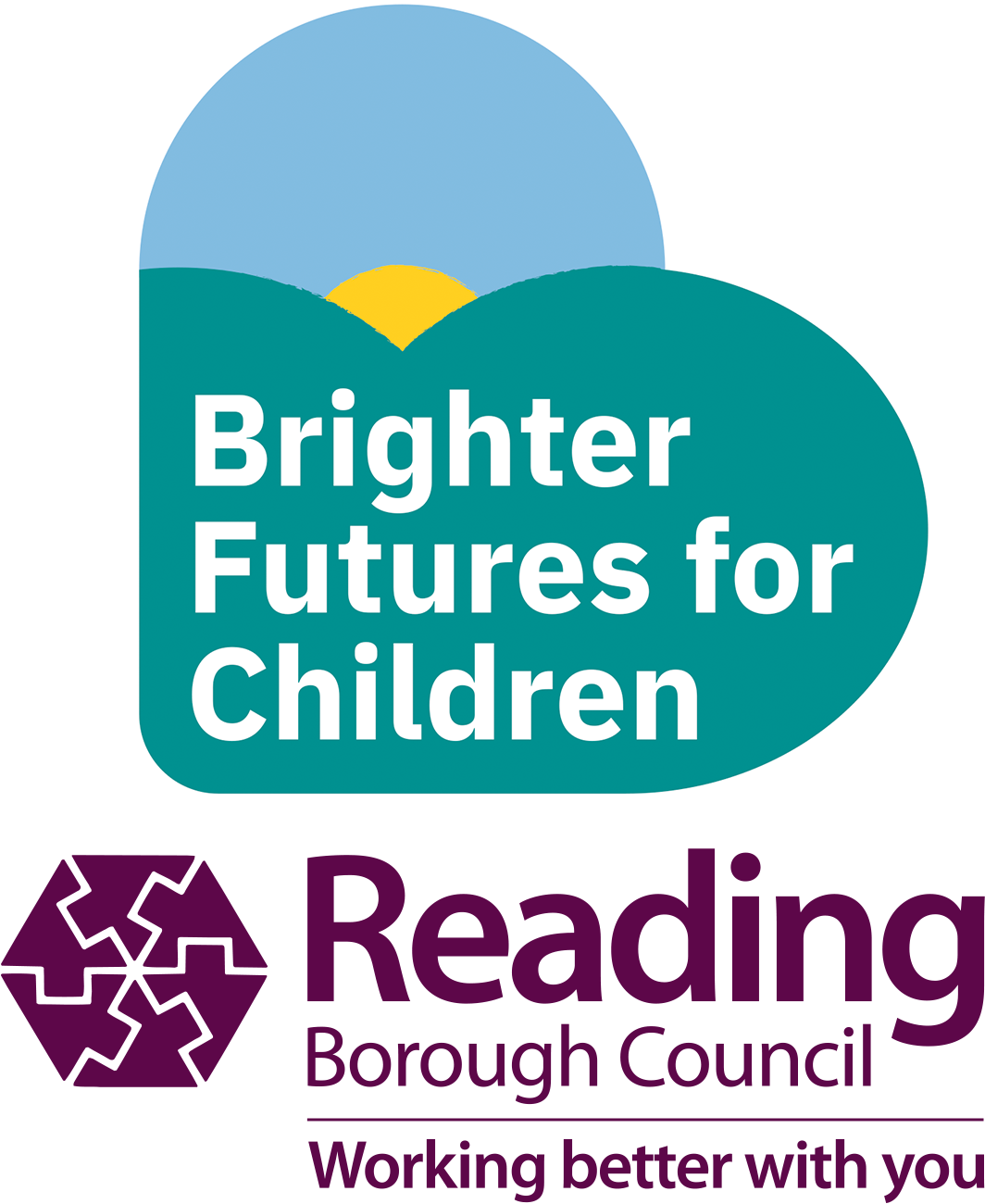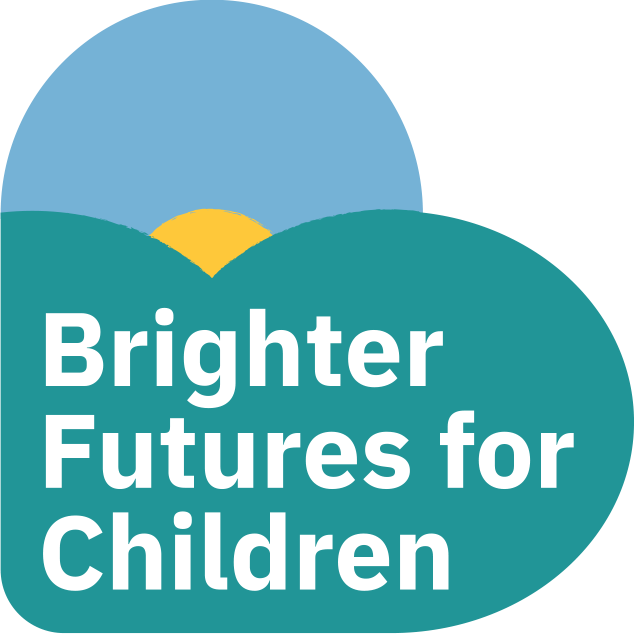- Home
- For parents and carers
- Mental Health Support Team
Change to Provider of MHST
The Mental Health Support Teams (MHSTs) covering West Berkshire, Reading, and Wokingham is now delivered by Berkshire Healthcare NHS Foundation Trust (BHFT).
Contact Information
If you need to get in touch with the MHST, please use the following details:
Email: CAMHSWestMHSTs@berkshire.nhs.uk
Phone: 0300 2473002
Making a referral to MHST
Urgent referrals
If you need urgent help for a child/young person (CYP), follow this guidance: I need urgent help now | Children Young People and Families Online Resource
If there are urgent and significant mental health or risk concerns, but no medical treatment is required, support is available via NHS111. The service is available 24 hours a day, 7 days a week for people who need help fast, but it is not an emergency. If necessary, NHS111 will refer to the locality CAMHS team for further support.
A young person should only be taken to A&E (or contact emergency services on 999) if they require urgent life-threatening emergency medical attention such as because they:
- have recently taken an overdose
- ingested harmful liquids
- cut themselves significantly (deep cut/s and/or bleed profusely)
- burns that are blistering/red
- have lost consciousness
Routine referrals
For information about routine, non-emergency referrals, please visit the Berkshire Healthcare website for guidance. You can also find information and advice here: Mental and Emotional Health | Children Young People and Families Online Resource
Parent/carers are also be able to refer their child. If the child or young person is 16 and over, they can refer themselves by requesting a referral form via: CAMHSWestMHSTs@Berkshire.nhs.uk or by calling 0300 2473002.
If you have any questions about the referral process or the transition more generally, please email: CAMHSSeniorLeadershipGroup@berkshire.nhs.uk
Educational Psychology Service
MHST works closely with colleagues from BFfC’s Educational Psychology Service (EPS) which also operates within Reading schools. For more details on the support the EPS provides, click the button below and then select the page for either parents/carers, or for professionals.



